The State of Uttar Pradesh – India’s most populous, but also one of its poorest – is in crisis, logging behind the rest of the country in terms of social development, economic growth, and women’s empowerment, with inefficient and ineffective democratic institutions. In this timely book established scholars and new voices from Europe reflect on aspects of the perilous condition of UP, address in a range of issues, all drawing on intensive and extended fieldwork. What used to be UP’s strength has turned into its weakness. Its position in India – as the quintessential Indian state – is unique, but no specific UP, identity has been developed. In papers discussing people’s own perceptions of core social and political issues, local ideas of what is needed for development are discussed. Gender relations are a central concern of two papers, one on customary marriage and divorce practices at village level and the other on changing notions of education for girls and the images of the UP plains held by those in the hills. Other papers deal with the social bases and ideology of the separatist movement in the UP hills; with Dalits and farmers, and the political organizations aiming to represent their interests; with farmers, demands in western UP; and with how Jats in western UP are changing the way they maintain their dominance. The two final papers discuss how modern mass media – TV and newspapers – are shaping development in UP. This book – a major advance in our understanding of contemporary patterns of social change in UP – will be essential reading for concerned citizens, students and academics alike.
Ground Down by Growth: Tribe, Caste, Class and Inequality in Twenty-First Century India
Why has India’s ...
$51.30
$57.00


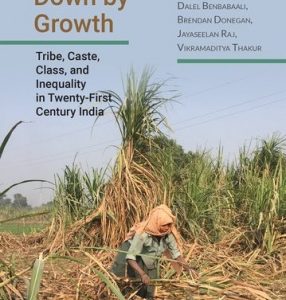
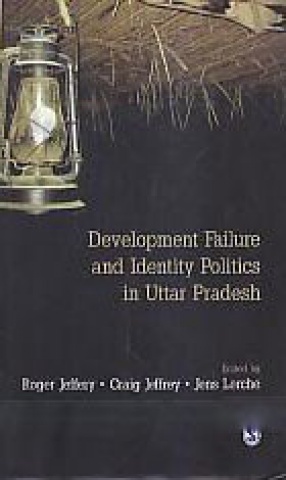
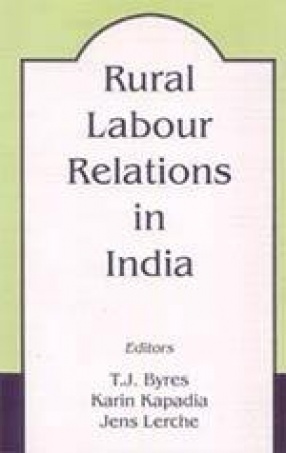

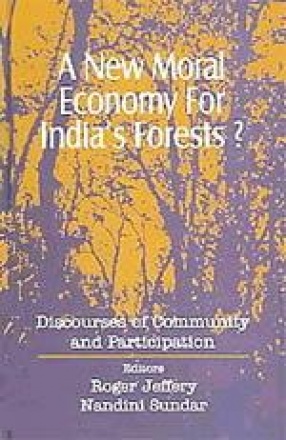

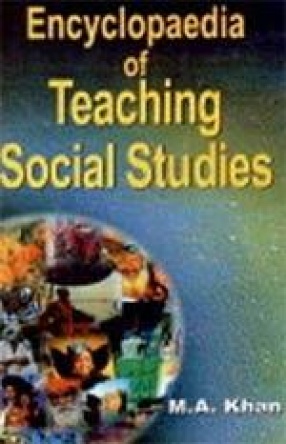
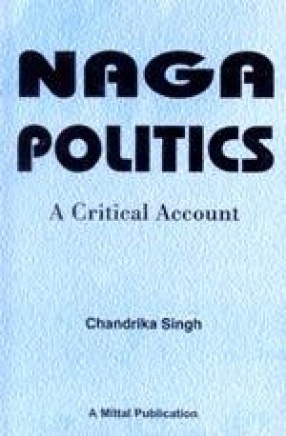
There are no reviews yet.